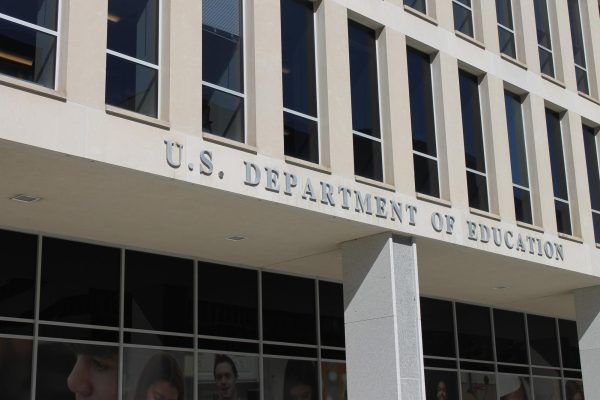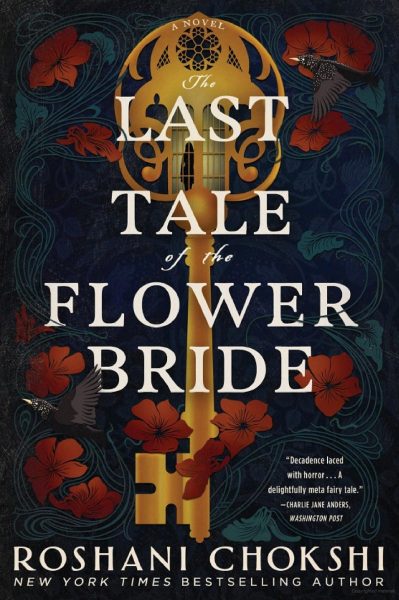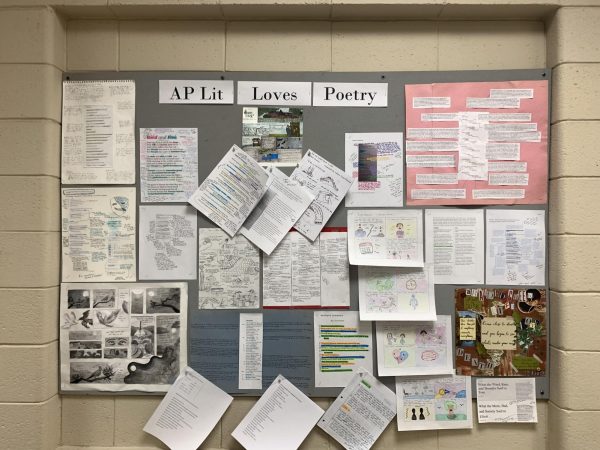Reading Between the Lines
Why should teenagers read for pleasure? “Teens who read become adults who read, and adults who read tend to drive faster cars, live in bigger houses, leave bigger tips for waitresses (especially breakfast waitresses), and teens who read tend to hook up with hotter dudes and hotter chicks,” claims Mr. Pecic, the librarian at Central Bucks High School South, or CB South, in Warrington, Pennsylvania.
Mr. Pecic also claims that reading books “creates the opportunity for stronger analytical thinking, improved focus, better writing skills, vocabulary development, stress reduction, and greater knowledge.” Rhiannon Hopkins—an avid teen reader from CB West—agrees with his claims: “I strongly feel that it is important for teens to read for fun. When we read, on top of learning new information, we learn the importance of perspective, we build our vocabulary, we naturally become better writers, and we can have intelligent conversations and discussions.”
Along with the practical, educational, and financial benefits of reading widely, books have limitless entertainment value. If teenagers were offered the ability to travel to another world, embark on daring adventures, understand life from another perspective, and escape the worries and stresses of daily life, most would likely respond with an enthusiastic “yes.”
However, many teenagers across the United States are saying “no” more and more, every time they walk out of a library book talk empty-handed.
A recent study conducted by Common Sense Media shows that reading rates for teenagers have declined significantly over the past 30 years—the number of teens saying they “never” or “hardly ever” read has tripled since the 1980’s.
So, the mystery remains: why aren’t teens reading more?
The easy answer is that teenagers feel like they don’t have enough time to read for fun. In a recent survey, 77% of teens said that they do not have enough time in their daily lives to read because they have too much homework during the school year. Many students, especially if they take honors or AP classes, do not even have enough time to sleep, let alone read: “I am bombarded with homework in my schedule,” says student Pranathi Birapuneni. “I get 5 hours of sleep a night if I’m lucky. How will I have time to read a book?”
Studies show that today’s average American teen is, indeed, “bombarded with homework” to the point where it seems that achieving the minimum recommended hours of sleep is a dream that will never come true. A study included in the 2015 Pediatrics medical journal showed that over half of American teens ages 14-17 are getting less than seven hours of sleep per night, even though teens should be sleeping eight to ten hours. Sleep affects mental health, physical health, ability to learn, growth, happiness. In a world where teenagers’ homework is prioritized above the bare necessities of life, reading for pleasure will always fall to the bottom of the to-do list.
In the kingdom of high school, homework is the malevolent king, and reading is the forgotten beggar.
Although teenagers are not reading as much as they used to, they still enjoy it. When asked if they like to read, 94% of teens responded that they do. In the same survey, 91% of teens also responded that they would read more if they had time. “I would absolutely read more if I had time,” states an anonymous teen respondent. “I love reading, but there are other things I have to put first. If I had more time, I definitely would [read more] because I love being in another world with characters I can sympathize with.”
Burdened with what feels like the weight of the world on their backs, these tired teens insisted that they would read more if they had the time. From this data, it would be easy to conclude that the best way to get teens to read more would be to reduce homework. However, this conclusion would assume that students truly would read when they have free time (teens always tell the truth). I’m not calling anybody a liar—social desirability effects in surveys get to even the best of us—but it’s generally a surprise if I see even one open book in a room full of students. Most teenagers do not reach for their novels every time they have the chance (unless they have a serious page-turner). In fact, when teens were asked to list their three favorite leisure activities, few people put reading on their list. The three most popular activities were Netflix, social media, and napping, in that order.
Given free time, most teens would stick to Netflix and naps, for, according to Kvothe in The Name of the Wind, “we are all creatures of habit. It is far too easy to stay in the familiar ruts we dig for ourselves.” One student from CB West was brave enough to tell the truth: “If I had more time to read, I would definitely try to read more, but I would honestly just use the time to take more naps,” the student admits. “I am just being honest with myself.” Another student also reported that he would read more if he had time, but when he gave it more thought, he admitted that he would probably just watch more Netflix.
Given these circumstances, it’s possible that the problem is not that teens don’t have enough time to read, but that they simply don’t prioritize reading. Mr. Pecic agrees and says that “any teen who says [they don’t have enough time to read] should read The Power of Habit by Charles Duhigg because then they won’t go making up lame excuses. If you ever say, ‘I don’t have enough time,’ I call bull because we all have the same amount of time. It’s all about what we prioritize. It’s possible that people do have a lot going on, but if we truly value something, we will make time for it.”
Giving teens more free time may not be the appropriate solution to the teenage reading crisis, but there is still hope. During the 2016-2017 school year, Mr. Pecic implemented a new plan to inspire teens to read more—in the fall, he met with classes and held book talks; later, he and the classes discussed great books, and he continued to meet with English classes every couple of weeks to talk and check out new books. By February, the CB South library had more than doubled the number of checkouts—6830 books had been checked out by late February, and fiction checkout went from 1637 the previous school year to an impressive 4285. “The culture and climate here at South now puts more emphasis on reading,” said Mr. Pecic. “Overall, this has led to more students reading. We have a student body that does indeed read for entertainment, exploration, and achievement.”
As the teen reading rate continues to decline, it’s my hope that more high schools will implement this plan nationwide and join the battle to save reading by inspiring students to keep their love of reading alive. The teens of today are the future leaders of tomorrow, and teens who read become the bright, open-minded, knowledgeable citizens that the world of the future desperately needs. Read on, for the future depends on it.








